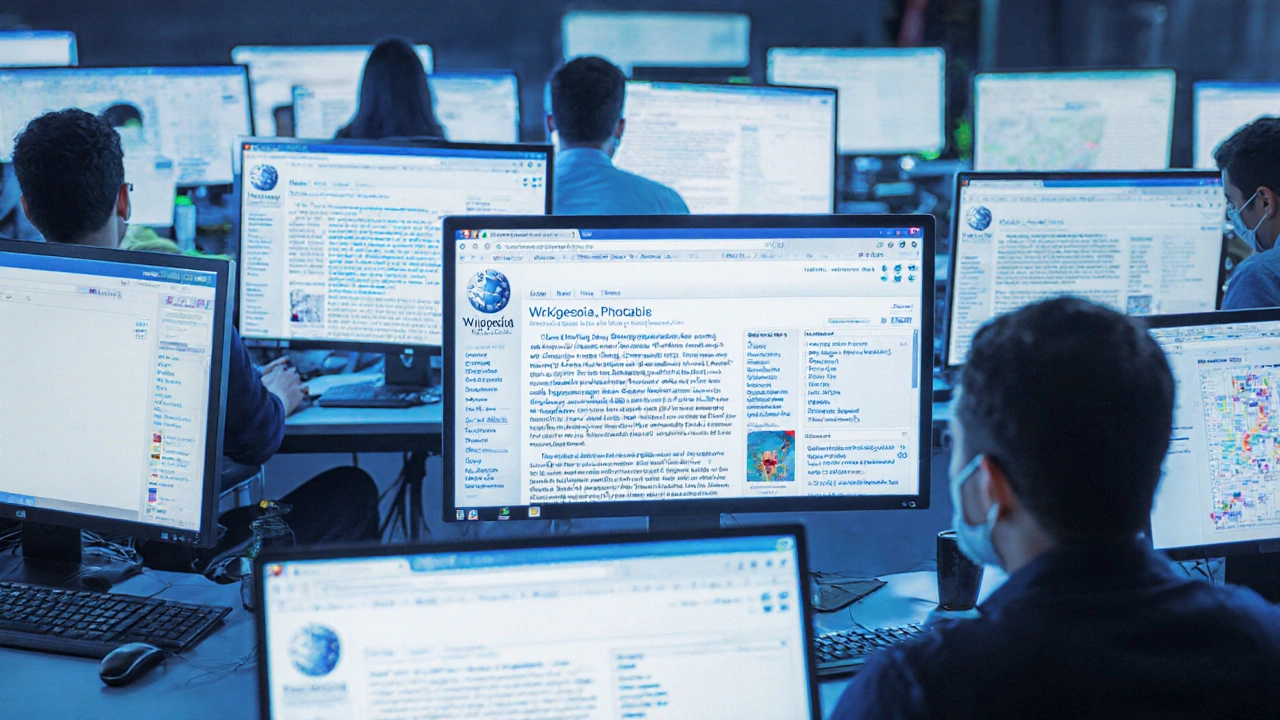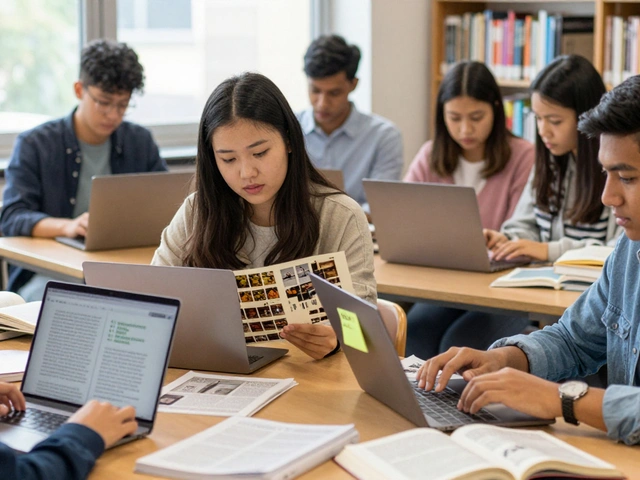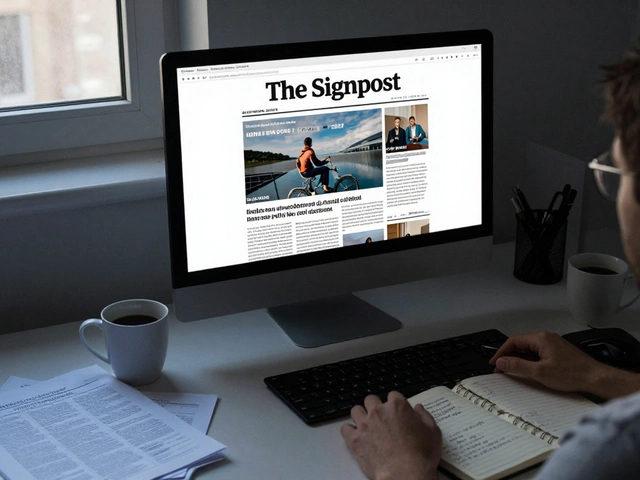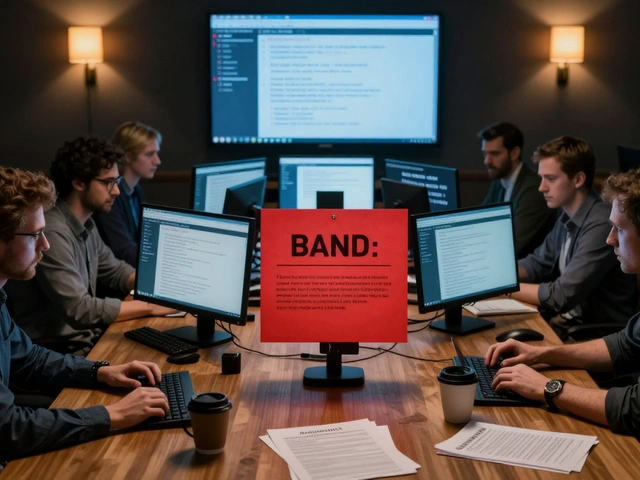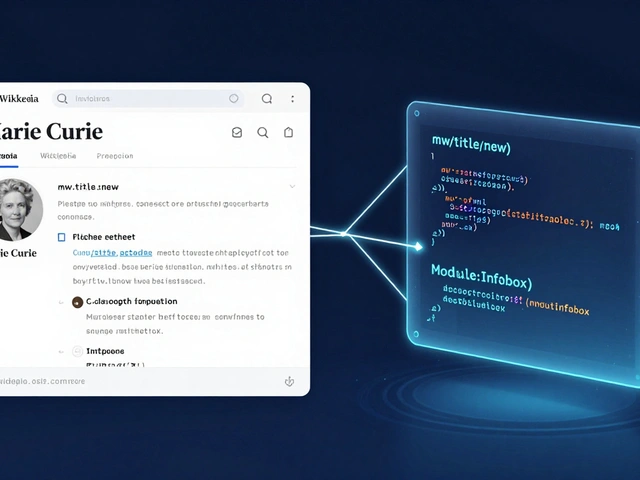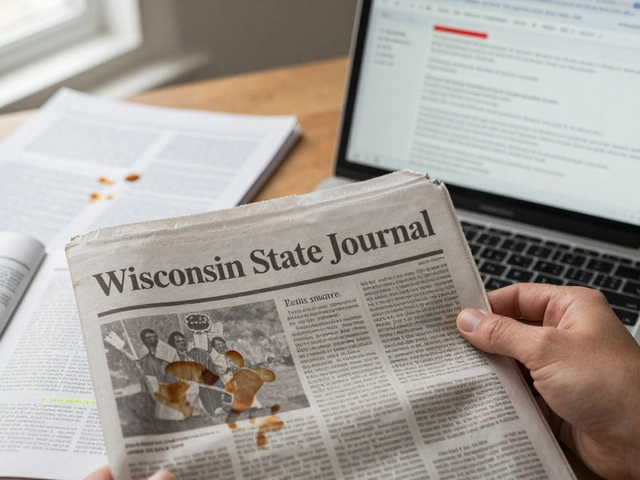WikiProject COVID-19: How Volunteers Built the World’s Most Trusted Pandemic Resource
When the pandemic hit, WikiProject COVID-19, a coordinated group of Wikipedia volunteers focused on improving pandemic-related articles. Also known as COVID-19 WikiProject, it became the central hub for organizing accurate, up-to-date information during a time of global confusion. Unlike news outlets racing for clicks, this group worked slowly—verifying every stat, citing every study, and debating every word. Their goal wasn’t traffic. It was trust.
What made WikiProject COVID-19 different? It didn’t rely on one expert. It used collaborative editing, a Wikipedia method where hundreds of volunteers review, edit, and fact-check content together. Editors from hospitals, labs, and living rooms across 80 countries pitched in. Some tracked case counts. Others fixed citations from peer-reviewed journals. A few fought misinformation by flagging misleading edits within minutes. This wasn’t just editing—it was real-time public health defense.
The project didn’t just write articles. It built systems. It created source lists, curated collections of verified, reliable references used across hundreds of pandemic pages. It trained new editors with templates and checklists. It even coordinated with health agencies to ensure official data matched what appeared on Wikipedia. By 2022, the main COVID-19 article had over 1,200 edits per day and was viewed more than 500 million times. Most readers didn’t know who wrote it. But they trusted it—because the process was open, transparent, and relentless.
Behind every statistic, every symptom description, every vaccine timeline was a volunteer who spent hours checking a single sentence. These weren’t professionals paid to do it. They were teachers, nurses, students, retirees—people who saw a gap and filled it. And when misinformation spread, they didn’t wait for a newsroom to respond. They edited.
What you’ll find below are stories from inside this effort: how articles reached Featured status, how editors handled false claims, how funding and tools helped them keep going, and why this model still works when other systems failed. This isn’t just about one project. It’s about how knowledge survives when the world is falling apart.
WikiProject COVID-19: How Wikipedia Built Coordinated Crisis Coverage During the Pandemic
WikiProject COVID-19 turned Wikipedia into the world’s most trusted real-time source for pandemic information. Learn how volunteers, not experts, built coordinated, accurate coverage using structure, transparency, and global collaboration.
